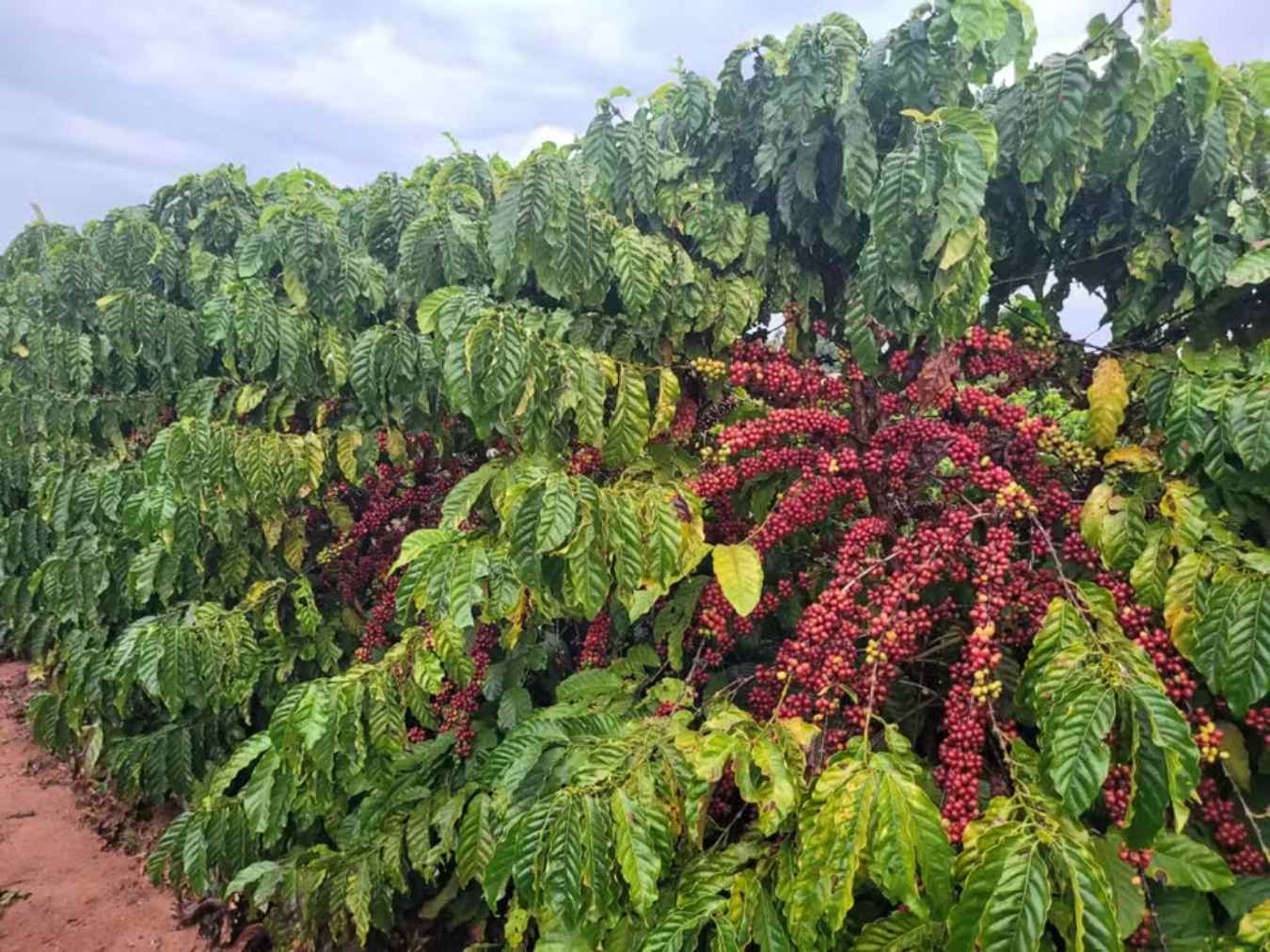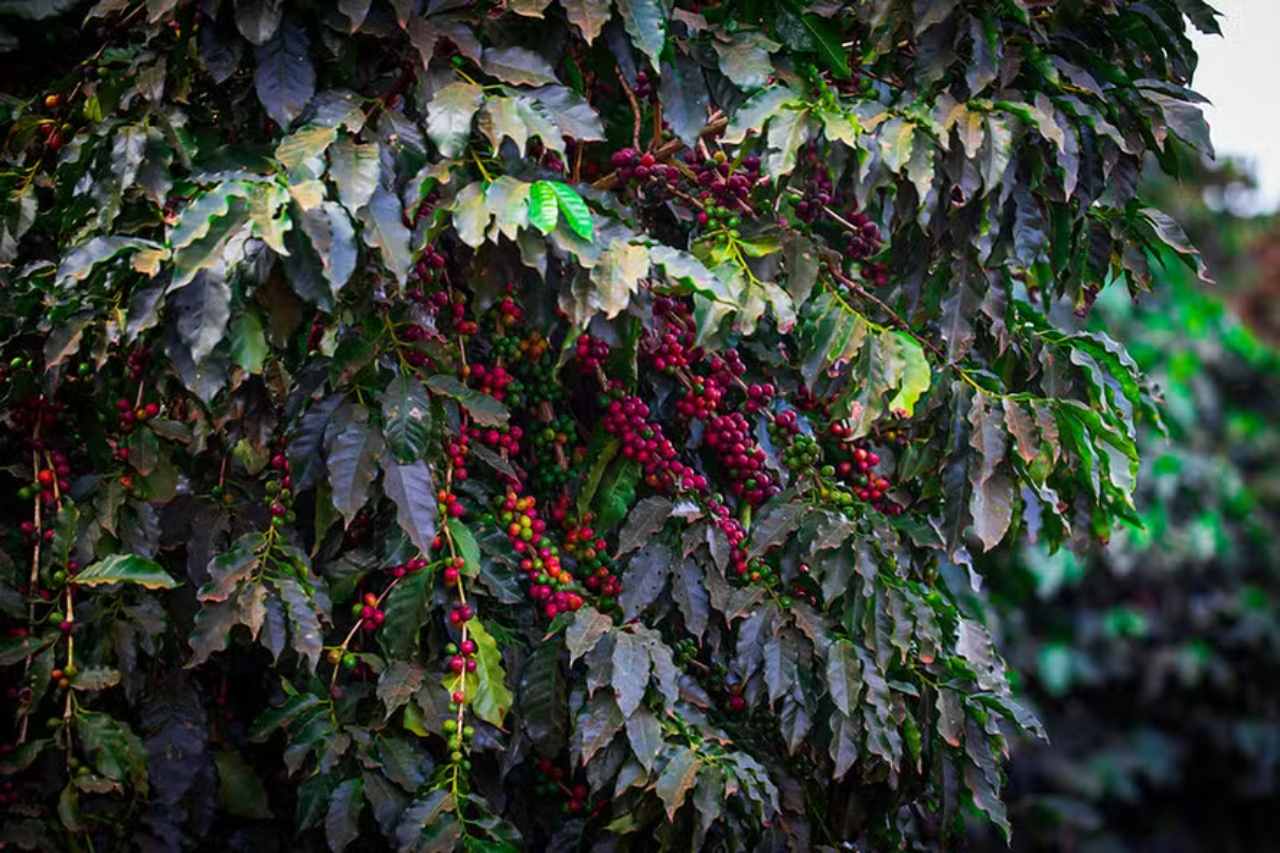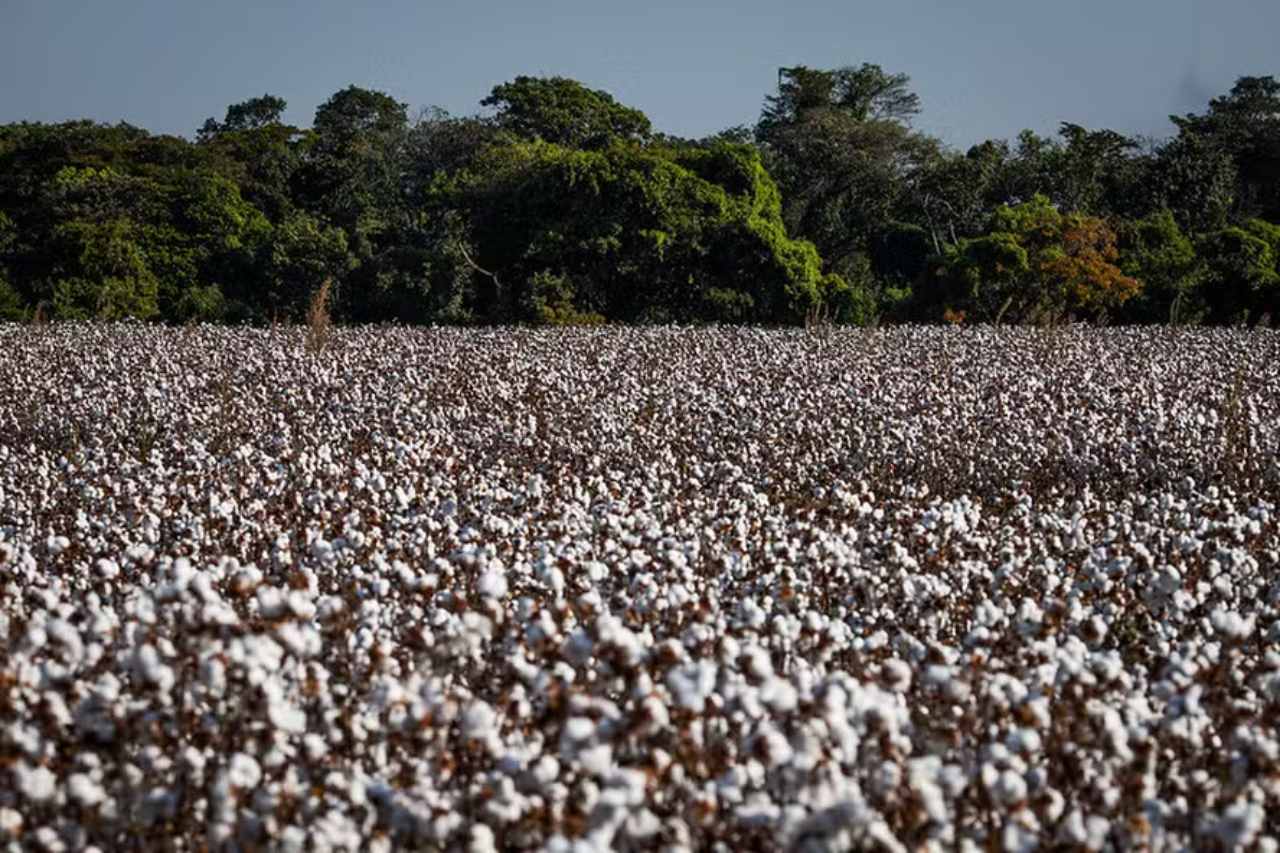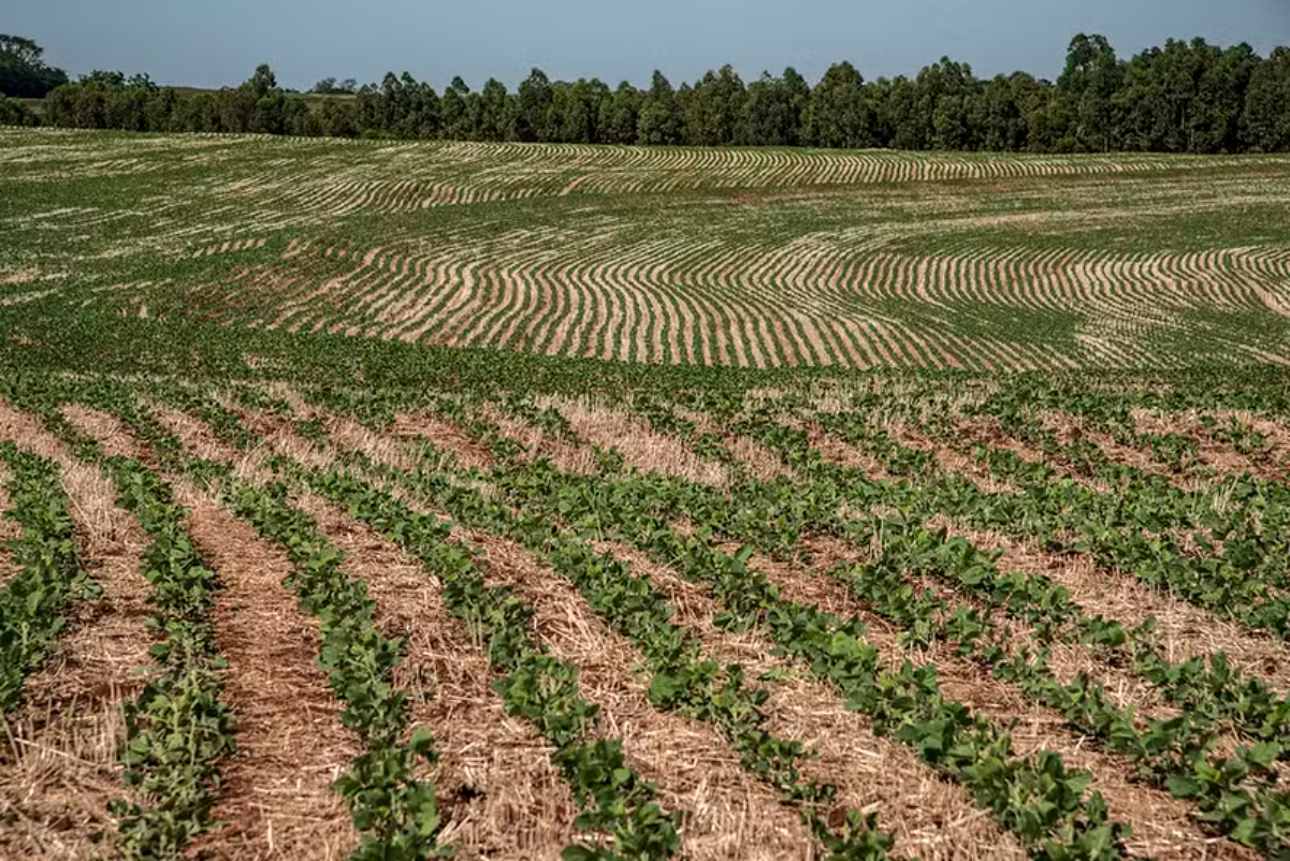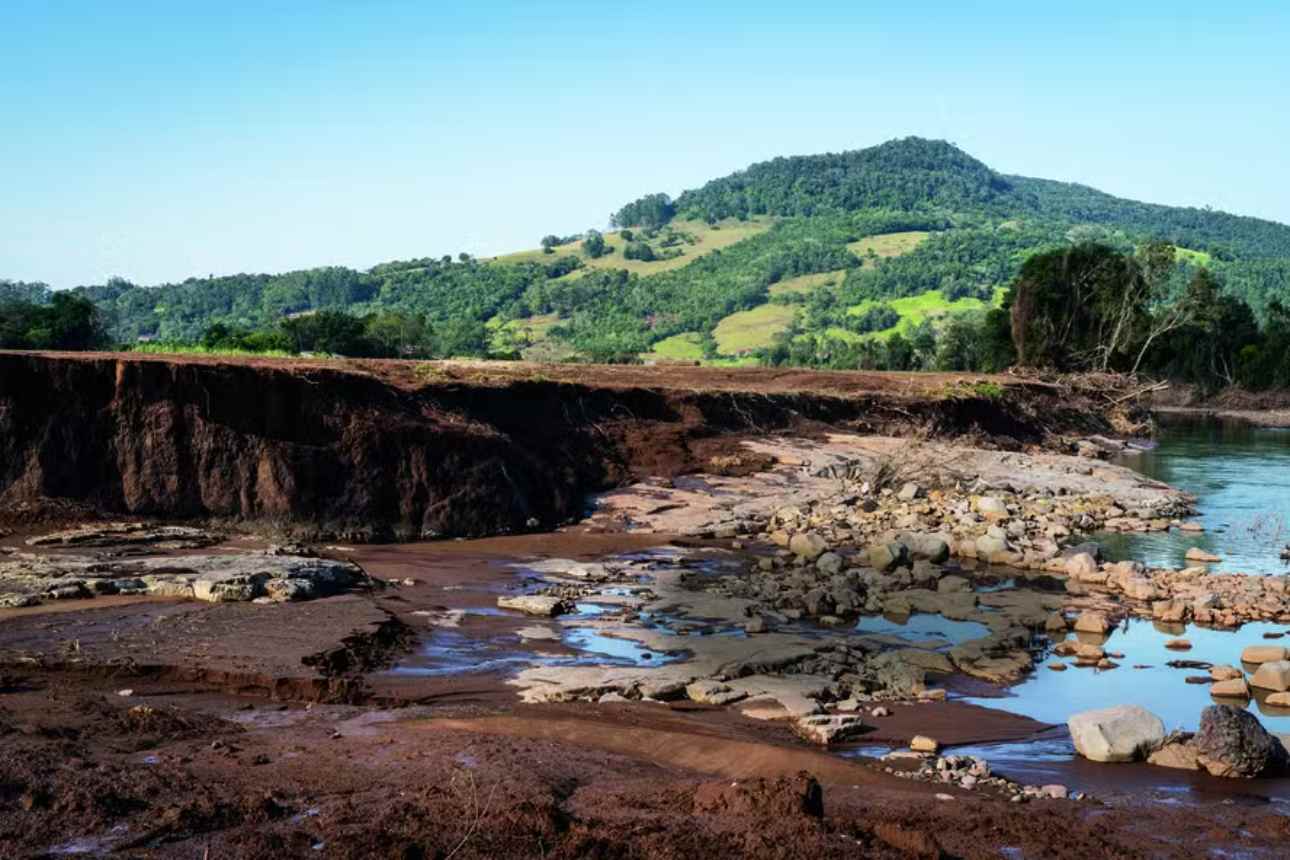Initiative Expected to Generate R$ 500 Million for Planting Infrastructure, Especially in Western, Northwestern, and Central-Western São Paulo
The largest urban coffee plantation in Latin America, located at the Biological Institute of São Paulo, hosted the official launch of a program to encourage the planting of Canephora coffee (Conilon and Robusta) in the state on Thursday (October 31). According to the São Paulo Department of Agriculture, cultivating this grain could help restore degraded pastures, particularly in the western region.
“About 90% of the land suitable for cultivation is made up of degraded pasture. We can recover many hectares of this area with Canephora coffee. This aligns with the increase in consumption and import demand as well. There’s a tremendous profit opportunity here,” said São Paulo’s Secretary of Agriculture, Guilherme Piai.
The program is expected to mobilize R$ 500 million for coffee planting infrastructure, particularly in the western, northwestern, and central-western areas of São Paulo.
The State Program for the Incentive of Coffea Canephora Cultivation aims to “revitalize coffee farming” in these regions through small and medium-sized agricultural producers who want to enter the industry or resume coffee planting.
According to producers interviewed by the report, the strategy is to profit from dense planting. The program is expected to benefit 20,000 farmers and will feature model farms where technicians can monitor the development of Canephora to document successful practices and those that should be discarded.
The São Paulo government seeks to capitalize on the current demand for coffee, global crop failures, and attractive prices for producers to expand the cultivation of this grain.
Distinctive Features
Canephora coffee is known for its resilience to extreme weather conditions and can be improved more easily through genetic editing. This adaptation helps the grain thrive in various soil characteristics, microclimates, and altitudes, which are essential for plant development.
The competitiveness of the sector is another reason motivating the development of Canephora coffee farming in São Paulo’s sandy soils.
“São Paulo was once a benchmark in coffee production in the country, being one of the main producers of Arabica coffee. The program aims to increase regional production by encouraging the cultivation of this new type of grain to meet the growing demand of both domestic and international markets,” the Department stated.
Oversight
To achieve this, the department is collaborating with the Coffee Sector Chamber, the São Paulo Agency for Technology in Agribusiness (APTA), the Coordinating Body for Integral Technical Assistance (CATI), and the Foundation Institute of Lands of the State of São Paulo (ITESP) to oversee the project.
The program was supported by institutional collaboration with Indústria Colombo, known in the country for developing agricultural machinery for grains, including coffee and peanuts.
Among the project guidelines are the validation of technologies related to this grain’s cultivation that are adapted to climatic conditions, as well as promoting the production of high-quality genetic and phytosanitary seedlings. Currently, Canephora represents about 40% of global production.
Researchers Protest
During the event that launched the program, researchers from the São Paulo Scientific Researchers Association (APcQ) protested against the lack of incentives and salary adjustments, which they claim have been stagnant for 20 years.
The group took the opportunity to deliver a letter to Secretary Piai, requesting measures to address the issue in the state, as well as to preserve public scientific heritage.
According to researcher Patrícia Clissa, secretary of the organization, there is negligence towards the research community, and several discussions need to be revived to prevent farms, such as Santa Elisa from IAC, from being sold to private interests.
She cited other research properties in Tietê and São Roque, which focus on agricultural products and are also under the threat of sale.

